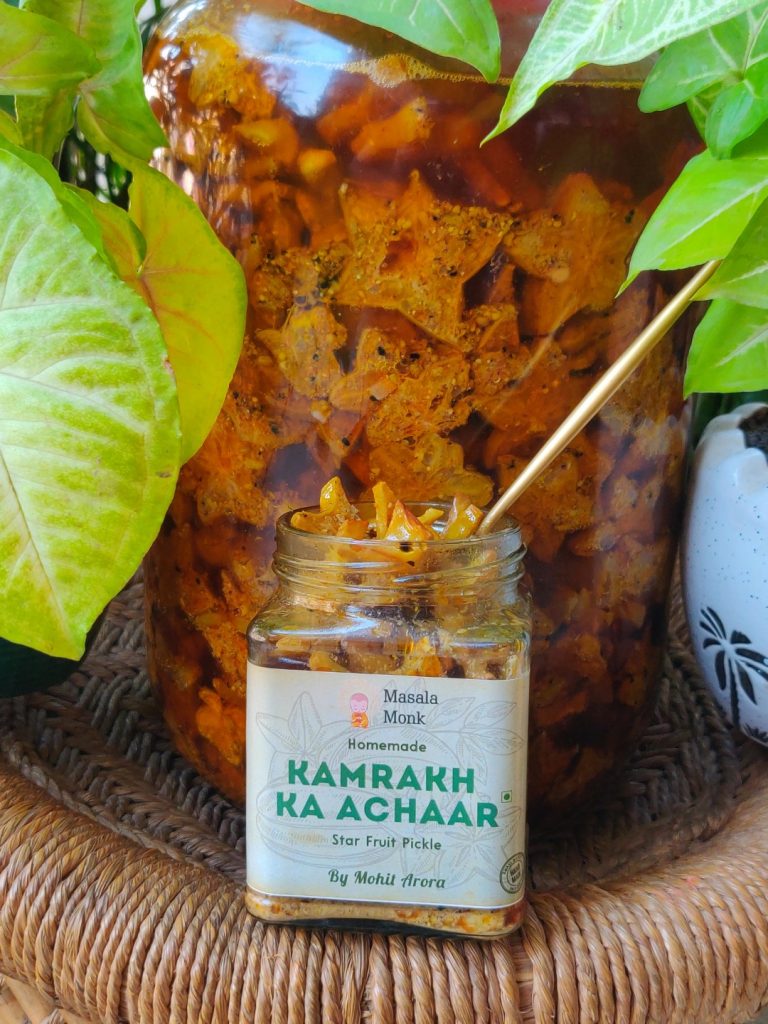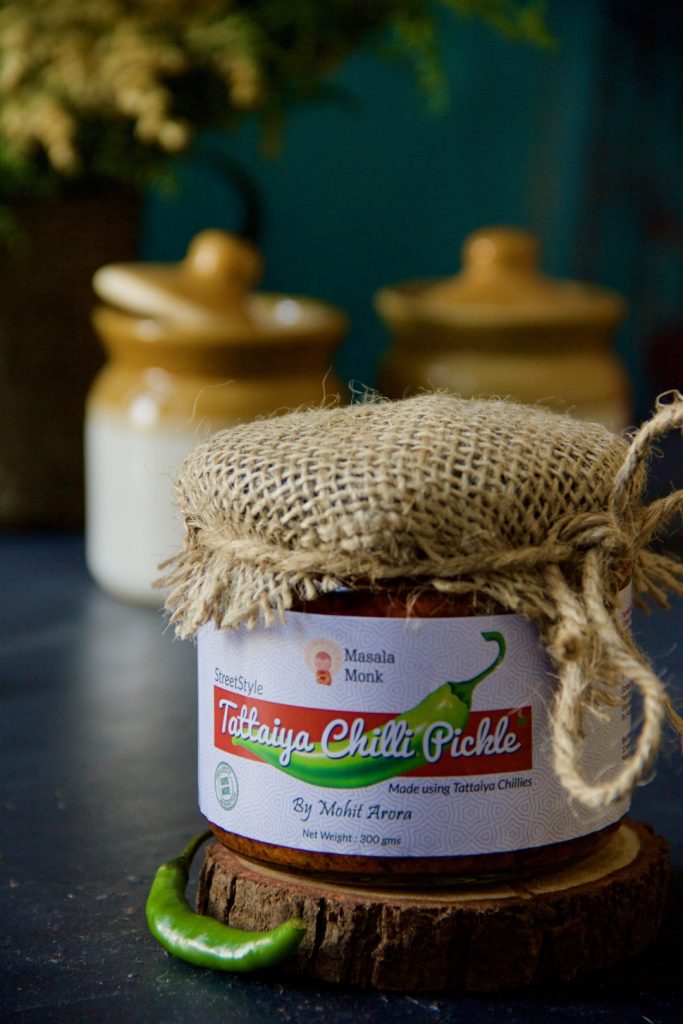Bay Leaf or sweet bay is an herbal leaf.
It is used to make medicines. Popularly known as ‘bay laurel’, the herb was used by Greeks for crowning heroes with bay leaf wreaths. The award of the ‘sweet bay leaves’ can only be useful for few people. So, let’s find out how beneficial is the consumption of bay leaf during pregnancy?
Bay leaves are full of antioxidants, iron, and potassium, which are heart healthy. Moreover, their historical use speaks a lot about their antioxidant, anti-fungal, and healing properties.
Bay leaves are well-known for treating cancer, stomach issues, diabetes, pain, and much more. Most of all, they have a sedative effect that may cause excessive drowsiness.
Let’s dive into the benefits of bay leaves and how to use bay leaves during pregnancy:
1. Lowers Blood Sugar Level
Early research concludes that adding a ground bay leaf to your diet twice a day alongside diabetes medicine helps in reducing blood sugar levels before meals.
2. Improves Cholesterol
Patients having abnormally high cholesterol or blood fat level (dyslipidemia) benefit from bay leaf tea. The research concluded that having bay leaves tea for 10 days may help improve good cholesterol levels (HDL or high-density lipoprotein).
However, there is no evidence if bay leaves improve the other lipid levels.

3. Prevent Kidney Diseases
Bay leaves are good for kidney health. Studies have shown that bay leaves prevent kidney stones and other kidney issues. The study revealed that bay leaf helps in the reduction of urease in the body and possibly helps in toxin removal as well as ease urination.
4. Good for Stomach Health
Bay leaf tea has a positive effect on the stomach. The organic compounds of sweet bay leaf relieve an upset stomach.
In fact, a cup of bay leaf tea is great for relieving flatulence, intestinal discomfort, and abdominal cramps.
5. Promotes Sleep
Bay leaves contain sedative compounds that promote relaxation and drowsiness. Bay leaf tea is an excellent natural remedy for insomnia and other sleep problems.
Therefore, taking bay leaf tea an hour or two before going to bed may help you enjoy a restful sleep.
However, if the bay leaf is taken along with sleep-inducing medicines, it can cause over-drowsiness and extra sleepiness.
6. Relieve Anxiety
Cinnamon and bay leaf tea acts as a natural treatment to relieve anxiety and stress. The ingredients leave a mildly soothing and calming effect on the nervous system.
7. Good for Skin
Ground bay leaf treats acne, inflammation, and other skin irritations. It is also one of the well-known natural remedy for treatment of boils, dandruff, etc.
Although bay leaf has incredible benefits, there is a lack of research and evidence on the health benefits of bay leaf.
How to Add Bay Leaves to Your Diet?
In general, bay leaf, as well as bay leaf oil, is quite safe to add to food. Ground bay leaf is also safe if taken in moderate amounts. Mostly bay leaf is cooked as a whole for adding a little flavor to cuisines and teas, which is very safe.
However, taking bay leaf as a whole is very unsafe as it cannot be digested. The leaf cannot be digested, therefore, it can possibly get stuck in the throat or pierce the intestinal lining.
Is it Safe to Eat Bay Leaf During Pregnancy?
Bay leaf is heart-healthy, great for digestion, and reducing stress. Hormonal imbalances during pregnancy can cause a lot of emotional stress.
Pertaining to the use of bay leaves in cooking is safe during pregnancy. However, bay leaves shouldn’t be taken as an herbal supplement due to their several possible side effects. Moreover, there isn’t any scientific data on the benefits of the use of bay leaf during pregnancy, so it’s better to avoid it.
Eating bay leaf as a whole is unsafe during pregnancy or otherwise. The leaf is indigestible and passes through the digestive lining intact. It can get lodged in the throat or cause piercing in the intestinal linings.
How Many Bay Leaves Should I Use?
If you really want to add bay leaves to your diet, it’s best to use only about 2 to 3 bay leaves. Otherwise, its taste can overtake the entire dish.
Cinnamon and bay leaf tea benefit in terms of their soothing and relaxing effect. You can also use a cinnamon and bay leaf tea for pregnancy after consulting your doctor.
Final Verdict
There is not enough research on the benefits of bay leaf for pregnant or breastfeeding moms. It’s best to take bay leaf tea after consulting your doctor.
Apart from that, Bay leaf might interfere with blood sugar levels in diabetic patients. Moreover, bay leaf can also slow down your brain functions, which if combined with sleep medicines or anesthesia during surgery, can prolong recovery and the healing process.




















